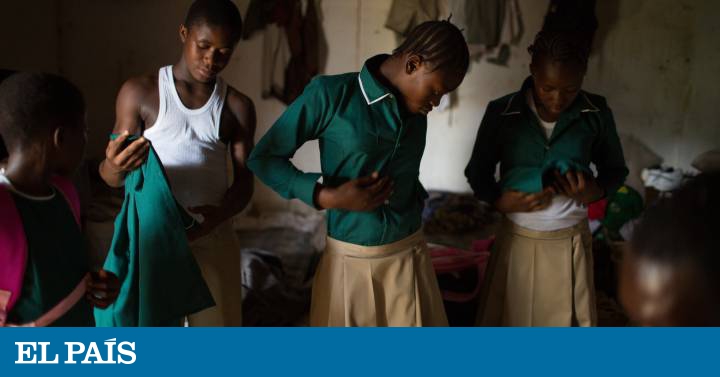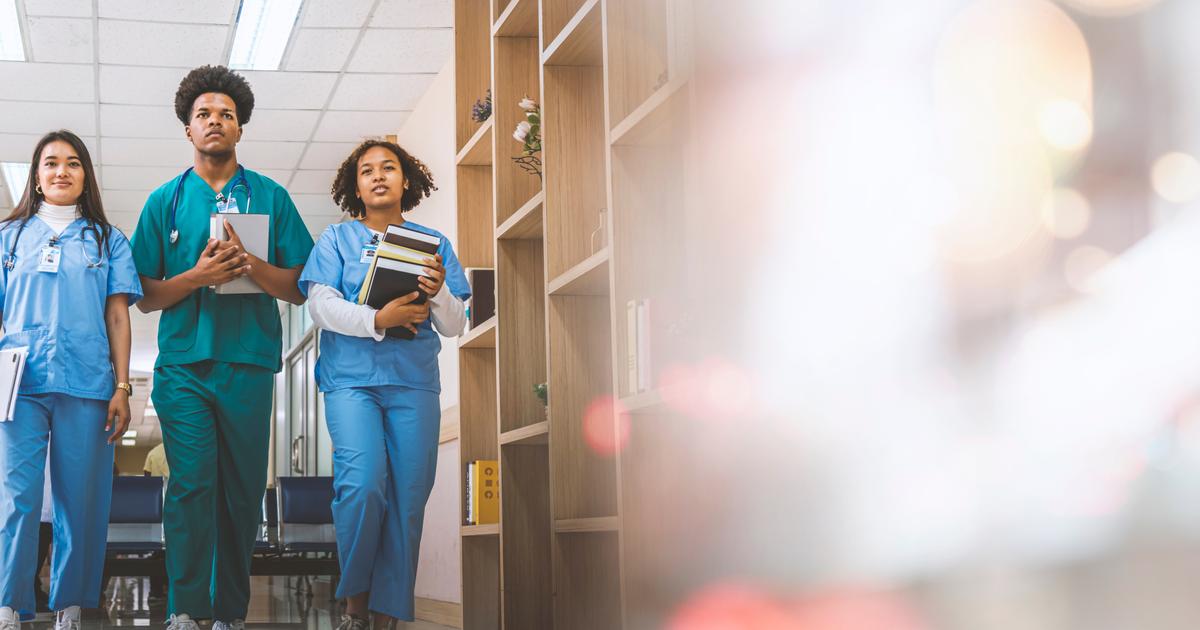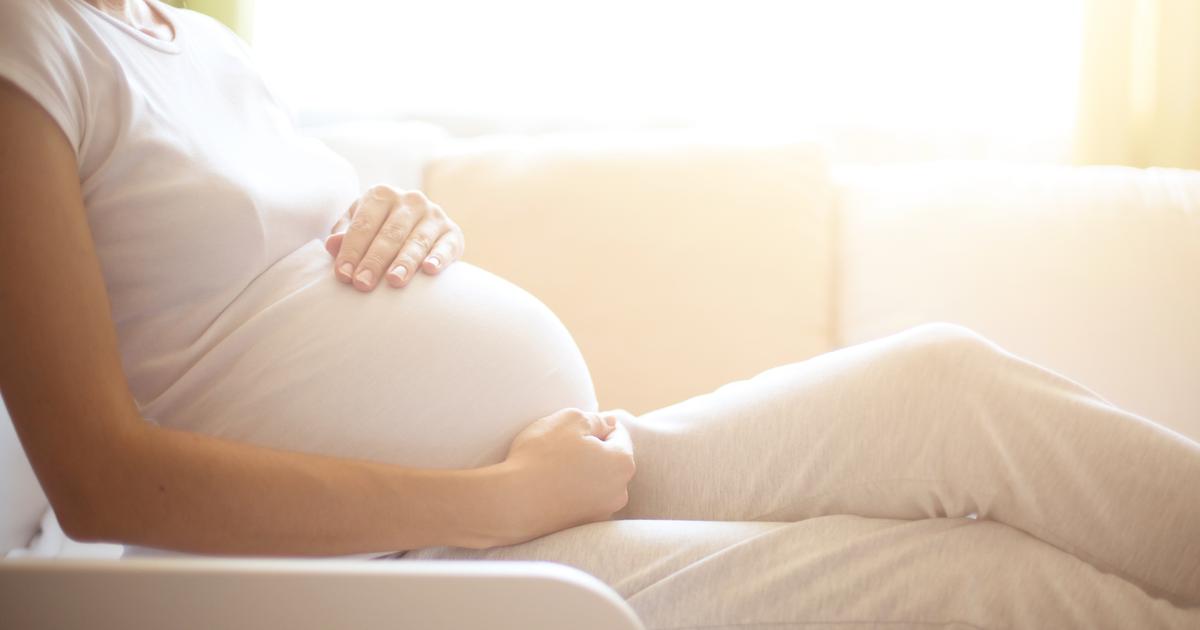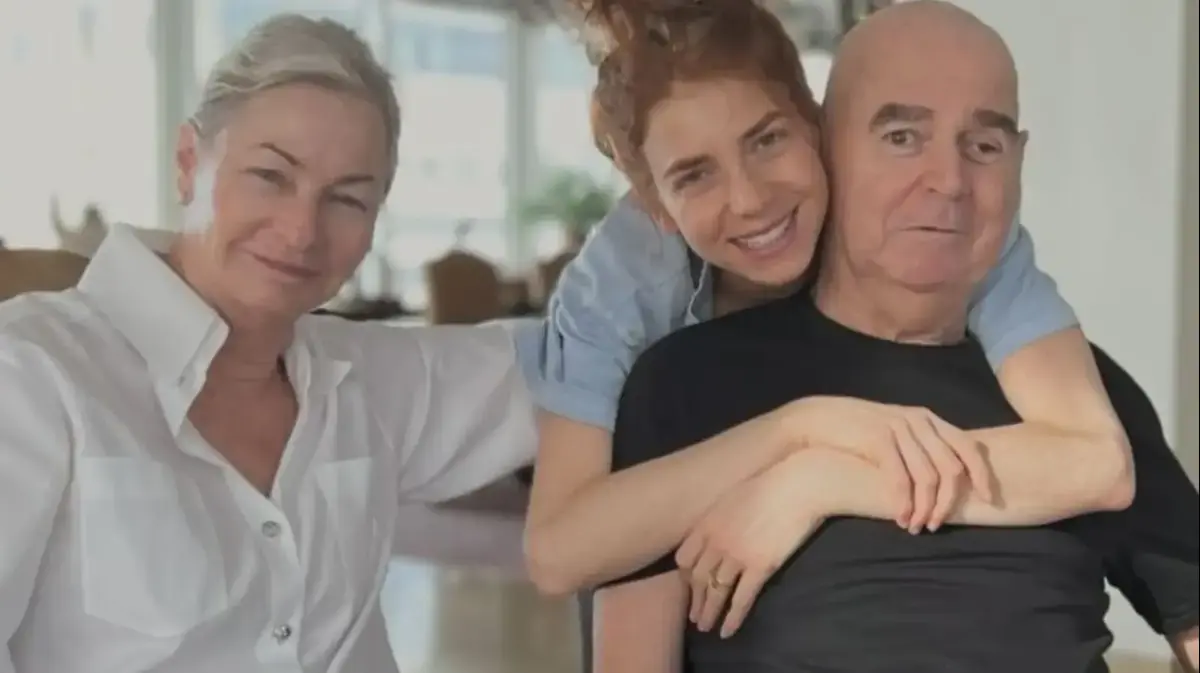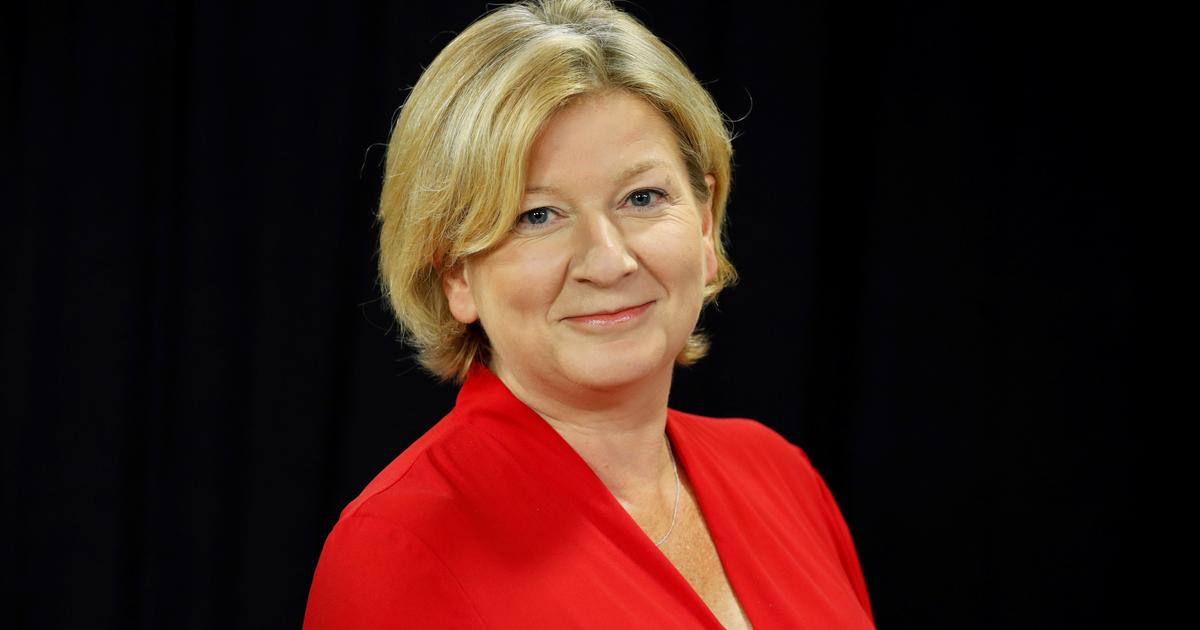In April 2015, after Ebola ravaged Sierra Leone and paralyzed West Africa, schools began to reopen. Thousands of children returned to school with enthusiasm after nine months locked in their homes. But Isatu, 13, and his brothers were unable to do so. The teenager, orphaned by Ebola, like about 9,000 other children, had to take care of a newborn baby. A man in his twenties who had helped feed Isatu's hungry family during the outbreak had raped her and made her pregnant.
MORE INFORMATION
- The other ways of killing that has Ebola
- Ebola from the eyes of a child from the Democratic Republic of the Congo
- The unwanted 'baby boom' caused by the pandemic
At the end of the outbreak, Isatu found herself alone to care for her son and her two younger brothers. Instead of going back to his math, reading and writing classes, he spent the day selling recycled trash to survive. During the 2014-2016 Ebola outbreak, teen pregnancies increased by as much as 65% in some Sierra Leone communities. Until March 2019, schools in this country prohibited pregnant girls from attending classes. Thousands of them dropped out of school or did not receive schooling in subsequent years, experts say, due to the combination of teen pregnancy, early marriage, poverty, loss of caregivers, negative parental attitudes toward to education, as well as the precarious quality of teaching.
Now the international community is dealing with a new health crisis due to covid-19 that has exacerbated economic and food insecurity, closed schools and has led to an increase in gender-based violence worldwide. Experts point out that lessons should be learned from the Ebola crisis and that response measures should be implemented immediately to ensure that boys, especially girls, can return to school once the crisis subsides.
Given that the pandemic and confinements have millions of people in their homes, and that countries like Sierra Leone already live in a delicate post-Ebola economy, some organizations in West Africa such as Plan International, Unicef and Street Child are rushing to provide supplementary education outside of classrooms and financial assistance, in addition to working with governments and educational agents to ensure that children can return to school. "I think it is crucial that we all work collectively with governments and with all actors to plan the reopening of schools with great care and in a very proactive way to reach the most vulnerable," says Robert Jenkins, UNICEF director of education. .
History repeats itself
Some parents in Sierra Leone began removing their children from schools before they closed their doors in March due to the risk of coronavirus infection. Today thousands of children in West Africa are out of school, just like during the Ebola outbreak. Communities that have yet to recover financially from the previous crisis fear that they will not be able to make ends meet and provide for their families.
Girls like Isatu, who no longer have parents to protect and care for them, are some of the most vulnerable. "Men and boys take advantage of them by offering, for example, support and help in exchange for sex, and during that process, many become pregnant," says Sia Lajaku-Williams, a Sierra Leone native and director of Street programs. Child, an international organization focused on childhood and education.
This and other entities offer family planning and reproductive health education. However, these messages can be difficult to communicate during a crisis like Ebola or Covid-19. "What happens is that women and girls cannot access reproductive health services," explains Yeva Avakyan, deputy vice president for gender equality at Save the Children. "We advocate that these services remain open and accessible," he adds.
Men and boys take advantage of them by offering, for example, support and help in exchange for sex, and during this process, many become pregnant.
According to experts, organizations need to support vulnerable populations now in order to address health, education and other needs. UNICEF and Save the Children are developing alternative curricula in different media outlets, such as television and radio, for use while the schools are closed. But without a physical school to attend, many children cannot meet their basic needs, like eating. Lajaku-Williams and his Street Child team, for example, have responded by establishing food-delivery programs - for lunch and dinner - for about 800 children who might otherwise go hungry while schools are closed. Access to clean water is another priority, according to Unicef, which will intensify its efforts to purify water in West Africa while the pandemic persists.
The country's fragile economic climate and underlying attitude to education - the belief that they should be devoted to marrying and having children - also challenged girls to return to school once they reopened. "Sending children to school costs money," explains Tessie San Martin, president and CEO of Plan International USA. “You have to provide them with money for transportation, uniforms, books and so on. If a family does not have resources or if their means are limited and they have… several children, I assure you that it will not be the girls who will receive them, ”he adds.
Offering families the resources so that they can support all of their children prevents them from having to decide, assure several voices. On the other hand, the attitudes surrounding women's education are slowly changing in Sierra Leone. Between 2004 and 2018, the literacy rate of girls between the ages of 15 and 24 increased by more than 25%, which reduced the gender gap by almost 15 points. That vital support is what gave Isatu a second chance. In 2016, she was able to return to high school thanks to financial aid and Street Child assistance. In 2017, his siblings also enrolled.
Lajaku-Williams says that while schools around the world remain closed due to the coronavirus and while children like Isatu are back in their homes, the bottom line is to support communities now to ensure that they can return to classrooms when these open, the same as after the Ebola crisis. "We were able to have a positive effect on their lives and to reverse the situation."
This story has been produced by The Fuller Project, a nonprofit journalistic organization that makes visible the global problems that impact the lives of women.
You can follow PLANET FUTURE on Twitter and Facebook and Instagram, and subscribe here to our newsletter.

